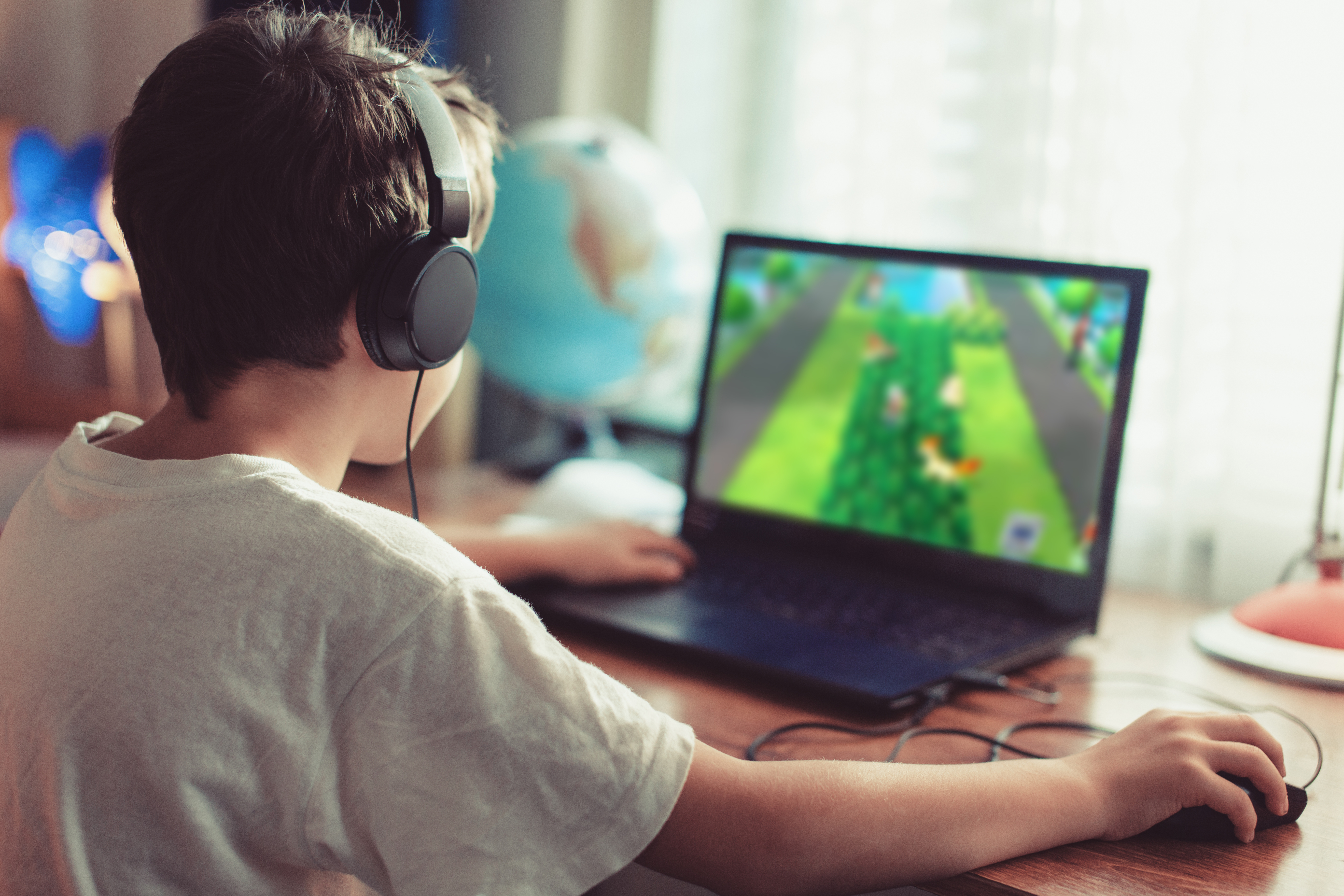Dr Angela Colvert publishes report on children’s free play in the digital world for The Digital Futures Commission
- Monday, July 5, 2021

The importance of play in children's development is widely accepted. Indeed play is so vital that it has been established as a fundamental human right, but only recently has this right been officially recognised by the United Nations as applying to the digital environment. To realise this right it is important to understand how digital environments can affect children’s play, both positively and negatively.
play is so vital that it has been established as a fundamental human right, but only recently has this right been officially recognised by the United Nations as applying to the digital environment. To realise this right it is important to understand how digital environments can affect children’s play, both positively and negatively.
In a recently published report for the Digital Futures Commission (DFC), The Kaleidoscope of Play in a Digital World, Roehampton's Dr Angela Colvert (right) examines the opportunities for free play - the kind of play initiated for its own sake by children - offered by the digital world. In particular the ways people, products and places all shape possibilities for free play. The Digital Futures Commission is a collaboration of innovators, policy makers, regulators and academics dedicated to unlocking digital innovation in the interests of children and young people. In her report, Dr Colvert identifies eight ways in which the social, material and spatial aspects of the digital environment affect children’s possibilities for free play. Her research highlights both the benefits and pitfalls inherent in the digital world which are experienced by children as they play. Baroness Beeban Kidron OBE alludes to this dichotomy in a foreword to the project:
“There are some joyful signs: immersive spaces in which children build worlds that reflect their imagination and circumstances, sensory interactions that include movement in the real world, open-ended play in which children code their own in-game experience – and a wonderful embracing of social play, which in the digital world can infinitely extend social boundaries or find friends for the socially isolated. But there are persistent glimpses of rapacious data collection, poor safety, commercial grooming and design strategies that entrap.”
Dr Colvert’s report finds that if opportunities for free play are to improve in the digital world policymakers, academics, educators, and those who design products for children must work together, and that any developments must be underpinned by an understanding of the diversity of children’s lived experiences. She reflects on the way that effective collaboration is central to both the aims and impact of the DFC: “Collaborating with the DFC has been a wonderful opportunity to work with others with a common aim: to put the needs and rights of children at the centre of our increasingly digital world. My report is just one building block for a much broader programme of work which aims to develop the digital landscape for children by improving opportunities for free play with technologies, providing guidance for innovators and tackling important challenges relating to data systems. Professor Sonia Livingstone and Dr Kruakae Pothong recently led a consultation with children and their families about ‘Free Play in a Digital World’ and are currently collating a ‘call for change’ which foregrounds their voices and views. This, together with the findings of my report, are helping the DFC to develop its vision for play which will be launched in the autumn of 2021. It has been a privilege to have worked with such a dynamic and committed team and I look forward to seeing how the work evolves!”
The full report can be accessed here.
Find out more about the work of the Digital Futures Commission here.